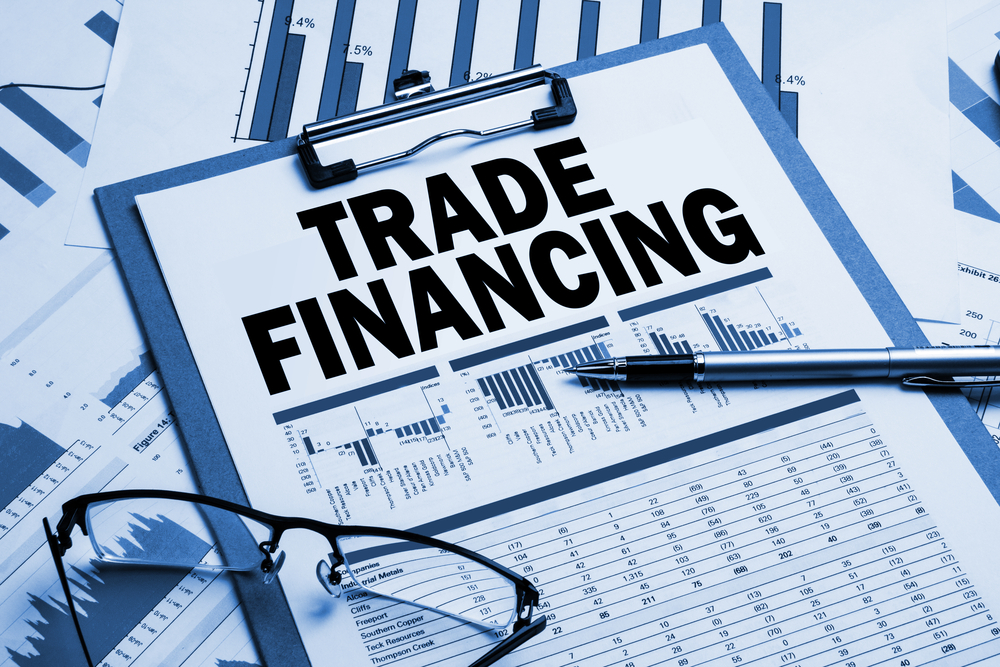Trade finance is a complex and tedious process that involves a large number of participants. With the risks involved being quite high, especially in international trade finance, banks have stepped in to mitigate them through various products such as letters of credit and bank guarantees. This industry is long overdue for a blockchain revolution, according to a report by the European Banking Authority. Decentralized ledgers eliminate the need for trusted third parties such as banks, making trade finance faster and more cost-efficient. Furthermore, the process can be made autonomous and more efficient through the implementation of smart contracts which execute predetermined instructions with minimal human assistance. The report also recognized the great untapped potential the blockchain has to improve data verification in the customer due diligence process.
Blockchain Tech For Banks
Blockchain technology can save resources in the paper-intensive international trade industry, the report by the London-based EU regulatory agency stated. With transactions being recorded on a distributed ledger that all participants can access in real time, the playing field will be leveled and the reliance on paper will be reduced, thereby increasing efficiency.
Combined with smart contracts, blockchain technology can also speed up the typically slow trade finance process and lower the risk of duplicate financing. With transactions recorded on the blockchain being immutable, their integrity can be verified and an audit trail can be created. Blockchain technology could also make trade finance platforms more resilient, as transactions are replicated in multiple nodes, making it impossible to attack the network.
While cryptocurrencies have developed a bad reputation by virtue of being connected to criminal activities, the EU report stated that blockchain tech could significantly assist in efforts against terrorist financing and money laundering. With the distributed ledger giving users end-to-end visibility, any unusual or suspicious activity can be flagged and due diligence measures applied.
Blockchain technology also has huge potential in digital identity solutions, the report stated. There are currently a number of leading financial institutions that are trialing the concept of sharing verified customers’ data over the blockchain, which will make the process more convenient.
In addition, this technology has the potential to change profoundly how customers are accessing financial services online, as it would enable the use of a single digital identity, making it more convenient. It would also allow clients to present digital documents and attestations instead of physically carrying documents to a branch.
Blockchain technology is not without its challenges in both the trade finance and digital identity industries. In trade finance, legal uncertainties pose the biggest risk. With the technology being relatively young, the applicable laws are still unclear, and with the participants in these platforms being located in different jurisdictions, the laws may conflict with one another. The transparency that is part of the appeal of blockchain technology could also pose challenges, as in cases where personal information is exposed on the public ledger. With smart contracts replacing manual processes, mistakes – though fewer in frequency – could have a bigger impact and lead to colossal losses. With customer due diligence and digital identity, there is a risk of trusting invalid or incomplete verifications. This risk is magnified when the institutions that use blockchain platforms are from different jurisdictions and adhere to different AML and KYC laws.
Image(s): Shutterstock.com

